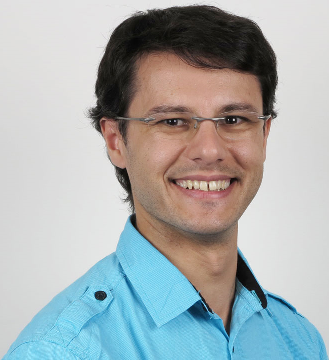Using high-throughput single-cell transcriptomics as a molecular microscope to investigate breast cancer heterogeneity. (24101)
Tumours are formed from heterogeneous mixtures of cell populations that display very distinct properties. Besides the cancer epithelial cell heterogeneity, cancer-associated stromal cells present a series of dynamic functional states, being substantially responsible for the pronounced complexity of tumours. This cell diversity introduces significant challenges for the diagnostic and treatment of cancer.
Genomic analysis of cancer has fostered important therapeutic advances. Gene expression profiling of breast tumours has identified at least five different molecular subtypes that closely correlate with response to therapy and patient outcome. However, there is an inherent technological limitation of these approaches, profiling of bulk complex cell populations renders an averaged representation dominated by the major compartment, masking low-abundant populations present in the tumours. Thus, our knowledge of tumour cell diversity is incomplete.
We have used Drop-seq, a massively-parallel single-cell mRNA technique as a tool to interrogate mammary tumours to understand the heterogeneity of the epithelial cancer cell compartment as well as the associated stromal cell types. Understanding tumour heterogeneity is crucial for the development of new strategies to treat cancer.
